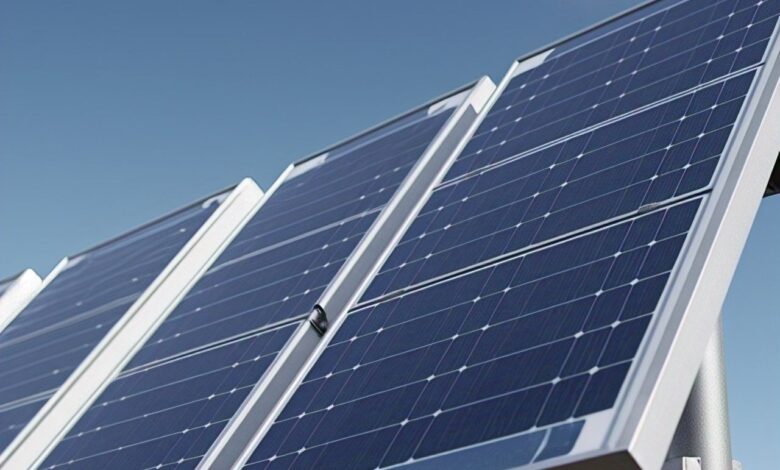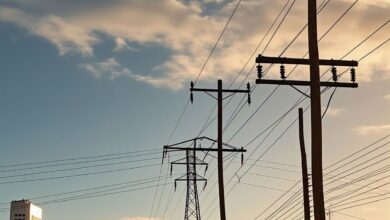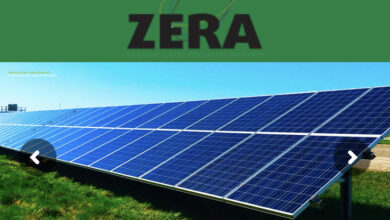Solar-Powered Homes in Zimbabwe: A Solution to the Energy Shortage?

Zimbabwe has been grappling with a severe energy crisis for years. This is characterised by frequent power outages and an over-reliance on fossil fuels. As the country seeks sustainable solutions to its energy woes, solar-powered homes have emerged as a promising alternative. Therefore, this article explores the potential of solar-powered homes in Zimbabwe. It also examines whether they can provide a viable solution to the nation’s energy shortage. It will also highlight successful solar installations and discuss how widespread adoption of solar energy can benefit the country in the long run.
The Energy Crisis in Zimbabwe
Firstly, Zimbabwe’s energy crisis is a multifaceted issue, stemming from outdated infrastructure, insufficient power generation and economic challenges. The Zimbabwe Electricity Supply Authority (ZESA) has struggled to meet the nation’s energy demands. This results in widespread load-shedding and power cuts that disrupt daily life and hinder economic growth. The country’s main power sources, including the Hwange Thermal Power Station and the Kariba Hydroelectric Power Station, are operating below capacity due to maintenance issues and low water levels. Consequently, Zimbabwe has been forced to rely on costly electricity imports from neighbouring countries.
The Potential of Solar-Powered Homes
Secondly, Zimbabwe enjoys abundant sunshine throughout the year, making solar power a highly viable energy solution. Solar-powered homes can harness this renewable resource to generate electricity. This therefore reduces reliance on the national grid and provides a consistent energy source even during power outages. The benefits of solar-powered homes extend beyond energy independence. They also contribute to environmental sustainability by reducing carbon emissions and promoting a cleaner, greener future.
Successful Solar Installations in Zimbabwe
Thirdly, several successful solar installations in Zimbabwe demonstrate the potential of solar power to address the country’s energy challenges. For instance, Genking Power Services has been providing sustainable and efficient energy solutions across Zimbabwe. It has numerous residential and commercial solar installations. One Stop Solar, has also been instrumental in promoting solar energy adoption. It offers reliable solar products and services. Also, Mwenje Solar and Sona Solar Zimbabwe have similarly contributed to the growing trend of solar-powered homes. They both showcase the feasibility and benefits of solar energy.
The Long-Term Benefits of Solar-Powered Homes
Moreover, the widespread adoption of solar-powered homes in Zimbabwe can yield significant long-term benefits. Firstly, it can alleviate the strain on the national grid, reducing the frequency and severity of power outages. This, in turn, can enhance the quality of life for Zimbabweans. It ensures uninterrupted access to electricity for essential services such as healthcare and education. Additionally, solar-powered homes can lower energy bills for households. This provides economic relief in a country where electricity costs are often prohibitive.
Moreover, solar power can drive economic growth by creating jobs in the renewable energy sector. The installation, maintenance and operation of solar systems require skilled labour, offering employment opportunities for local communities. Furthermore, the increased demand for solar products can stimulate local manufacturing and supply chains, boosting the economy.
Challenges and Considerations
While the potential benefits of solar-powered homes are substantial, there are challenges to consider. The initial cost of solar panel installation can be a barrier for many households. This is particularly in a country with high poverty rates. However, government incentives, subsidies and financing options can help mitigate these costs and make solar energy more accessible to all Zimbabweans.
Another consideration is the need for proper maintenance and monitoring of solar systems. This is to ensure their long-term efficiency and performance. Investing in training programs for local technicians can address this issue, ensuring that solar installations remain functional and effective over time.
Conclusion
Finally, solar-powered homes present a promising solution to Zimbabwe’s energy shortage. It offers a sustainable and reliable alternative to traditional power sources. With successful solar installations already in place and the potential for significant long-term benefits, the widespread adoption of solar energy can transform Zimbabwe’s energy landscape. By harnessing the power of the sun, Zimbabwe can move towards a brighter, more sustainable future.





